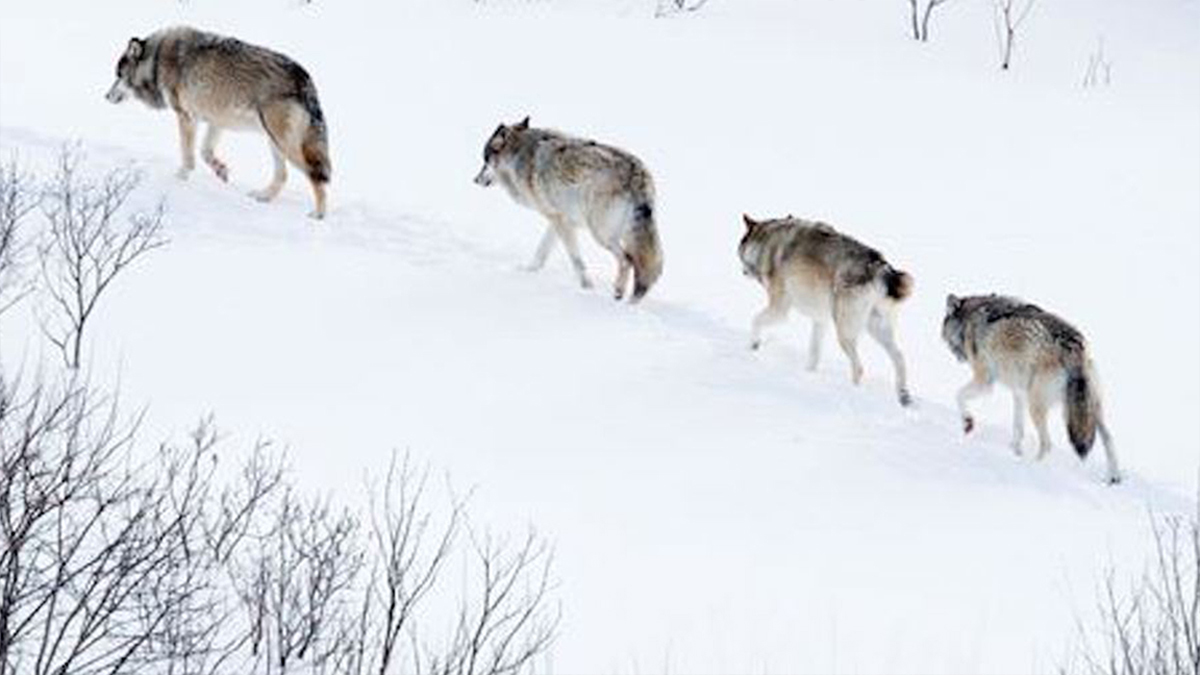Below is a news release from the Wisconsin Department of Natural Resources.
The Wisconsin Department of Natural Resources (DNR) announced it is seeking public input on the next 10 years of wolf management in Wisconsin. The DNR simultaneously requests public comment on the fall 2021 wolf harvest season through the same online input tool.
The public comment period will be open April 15 to May 15 during which the online input tool will be available on the DNR Wolf management plan webpage.
As part of the management plan revision process, the DNR will convene a Wolf Management Plan Committee (WMPC). Ahead of the summer WMPC meetings, the DNR encourages the public to provide input on the next 10 years of wolf management in Wisconsin.
Following the public comment period on wolf management’s future in Wisconsin, the WMPC will provide input to the DNR for developing an updated wolf management plan. The committee will comprise stakeholder groups, including hunting/trapping organizations, wolf advocacy/education organizations and agricultural/ranching organizations. The DNR also reserves additional seats on the WMPC for invited tribal and governmental agencies, the Wisconsin Conservation Congress and DNR technical staff support.
The DNR will write an initial draft of the wolf plan, guided by science and input from the WMPC and the public. The draft plan will be made available for public review and comment. The DNR will then submit a final draft to the Natural Resources Board (NRB) for approval in mid-2022.
The DNR is also simultaneously working to prepare for a fall 2021 wolf harvest season through a transparent and science-based process. The DNR has convened a 2021 Wolf Harvest Advisory Committee to provide input on the fall season’s management objectives and harvest quota. The committee will consider the current management plan, state statute and the February 2021 season report in providing input to the department.
Throughout the process, the DNR will also coordinate with tribal partners and seek further public input on harvest objectives.
